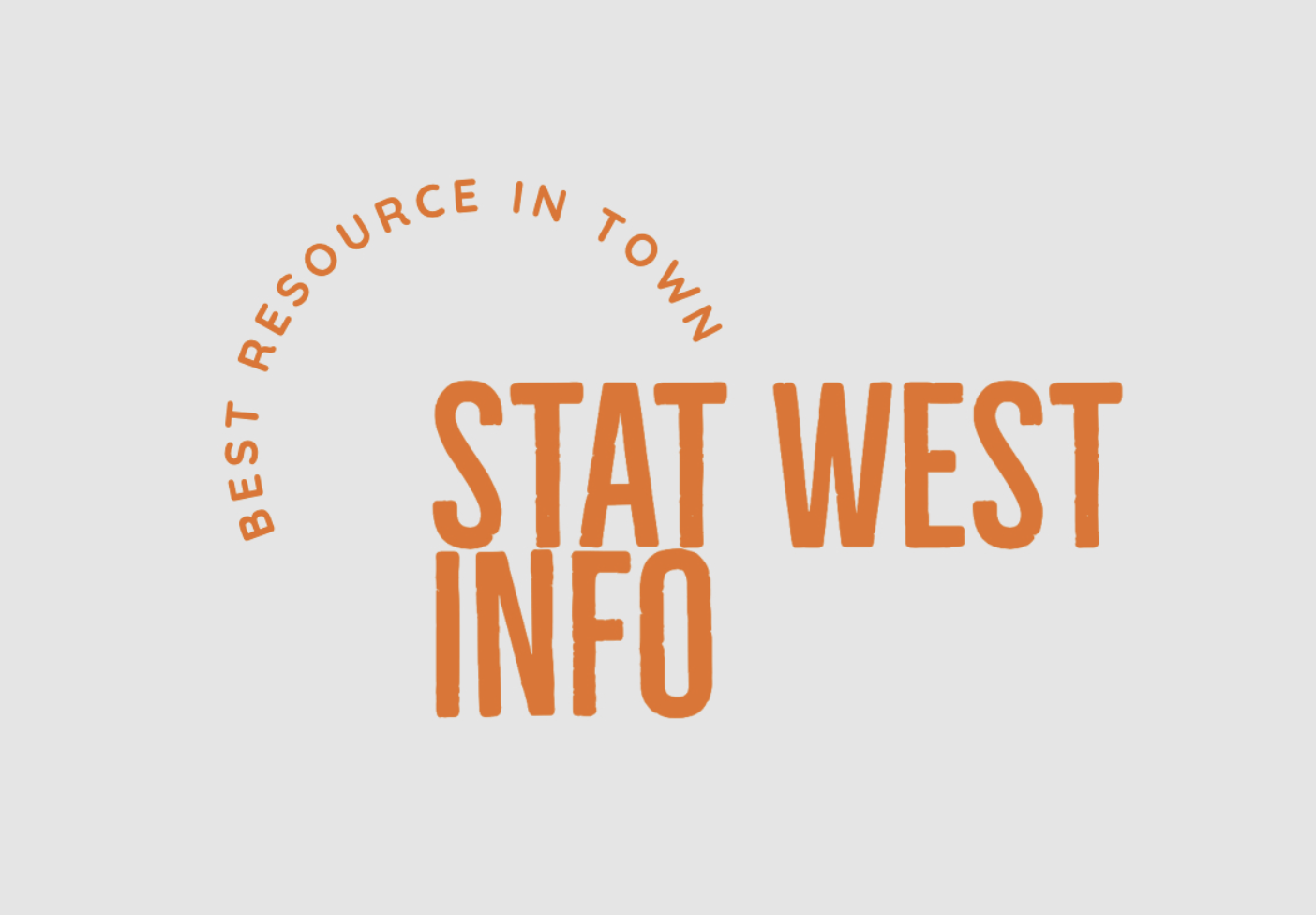Most people understand the need to carry homeowner’s insurance, but putting a value on your horse can be difficult. Consulting with a specialized equine insurance agent can confidently secure an affordable policy perfect for your needs.
Be aware that some policies impose time limits on treatment for specific conditions. Often, these limitations are reset upon major medical renewal.
Experience
When it comes to equine insurance, experience matters; insurance for horses differs from that for dogs or cats since horses are considered livestock and competition tools rather than pets. Equine insurance typically reduces liability for horse-related injuries or property damage. It covers the value of your horse in the event of death or an injury that renders it unusable.
Most mortality policies include a range of qualifiers, including the age of your horse, and the policy cost is based on the estimated value of your horse, which can be done by the insurance company or a third party specializing in equine valuations. Primary medical coverage is often included in mortality policies and can cover colic surgeries, hospital stays, diagnostic procedures, and medications.
Reputation
When choosing a horse insurance provider, reputation matters. Look for an agency and insurer with longevity in the equine insurance industry and a good track record of providing quality policies. Ask friends and family which providers they’ve used, and check reviews online.
Most equine insurance companies have specific recommendations and requirements for horse owners, such as posting barn rules and emergency numbers, requiring riders to wear helmets, and requiring everyone to sign waivers/hold harmless agreements. It is to help reduce liability and potential claims for the company.
Most equine insurance companies offer primary medical and mortality coverage and surgical-only and colic surgery add-ons. Loss of use policies like breeding are also available for horse owners who produce income from their horses. These policies require extensive underwriting, including detailed veterinary exams and radiographs.
Customer Service
When dealing with a potential loss, your chosen insurance company should be responsive to your needs. Ask friends and family members about the insurance companies they have used, or search online for reviews. Look for an insurance company available 24 hours a day to discuss a claim or other issue.
Pet insurance policies do not cover horses; you must get livestock/equine insurance. Ensure the insurers and underwriters you consider are livestock specialists, and look for a company that has been around for a while with good ratings. Ask for a quote and policy details before making any final decisions. This way, you can compare coverage options to ensure you get the best deal for your horse.
Fees
Horse insurance is a fee-based arrangement that transfers the horse’s risk to the company. The premium is based on the replacement value of the horse and the amount of medical coverage.
Please note that an equine veterinarian cannot determine a horse’s insurability. The insurance company and the owner must establish this matter. However, a veterinarian can report to the insurance company when a horse is sick or injured.
When choosing a provider, it is essential to determine the costs of each policy and whether there are any hidden fees or excesses. It is also vital to check the policy limits and exclusions. It will help you compare policies and make the right choice for your horse.
Coverage
When shopping for horse insurance, consider the coverage offered by the provider. Many policies come in different forms, with some providing more comprehensive protection than others. Generally, the more protection you get, the higher the cost.
Whole mortality policies protect against the most common causes of horse death, such as colic or a freak accident like falling debris from an airplane. They also typically cover loss of use and short-term air transit insurance.
Primary medical/surgical coverage is another option that helps pay for expensive veterinary bills on a reimbursement basis. Depending on the company, exclusions may include maintenance procedures, transportation costs to and from your vet for treatment, colic, congenital disabilities, and specific invasive procedures. Some companies also offer liability for your equine operations, which can be included under farm or ranch policy or as a stand-alone equine commercial liability policy.



